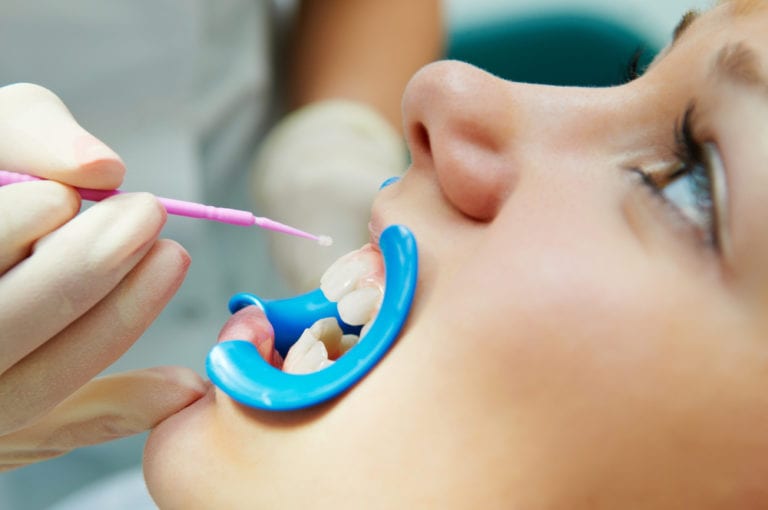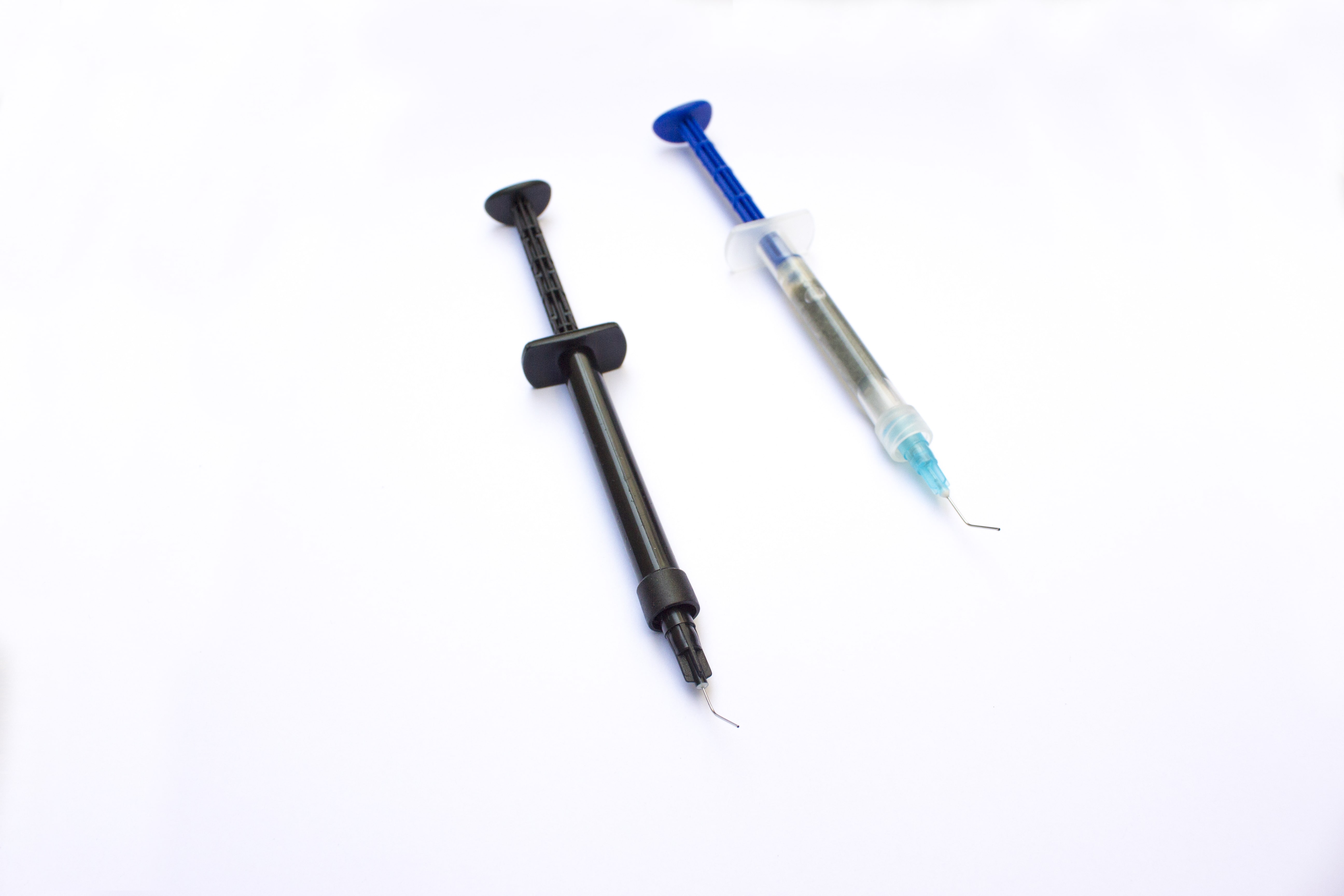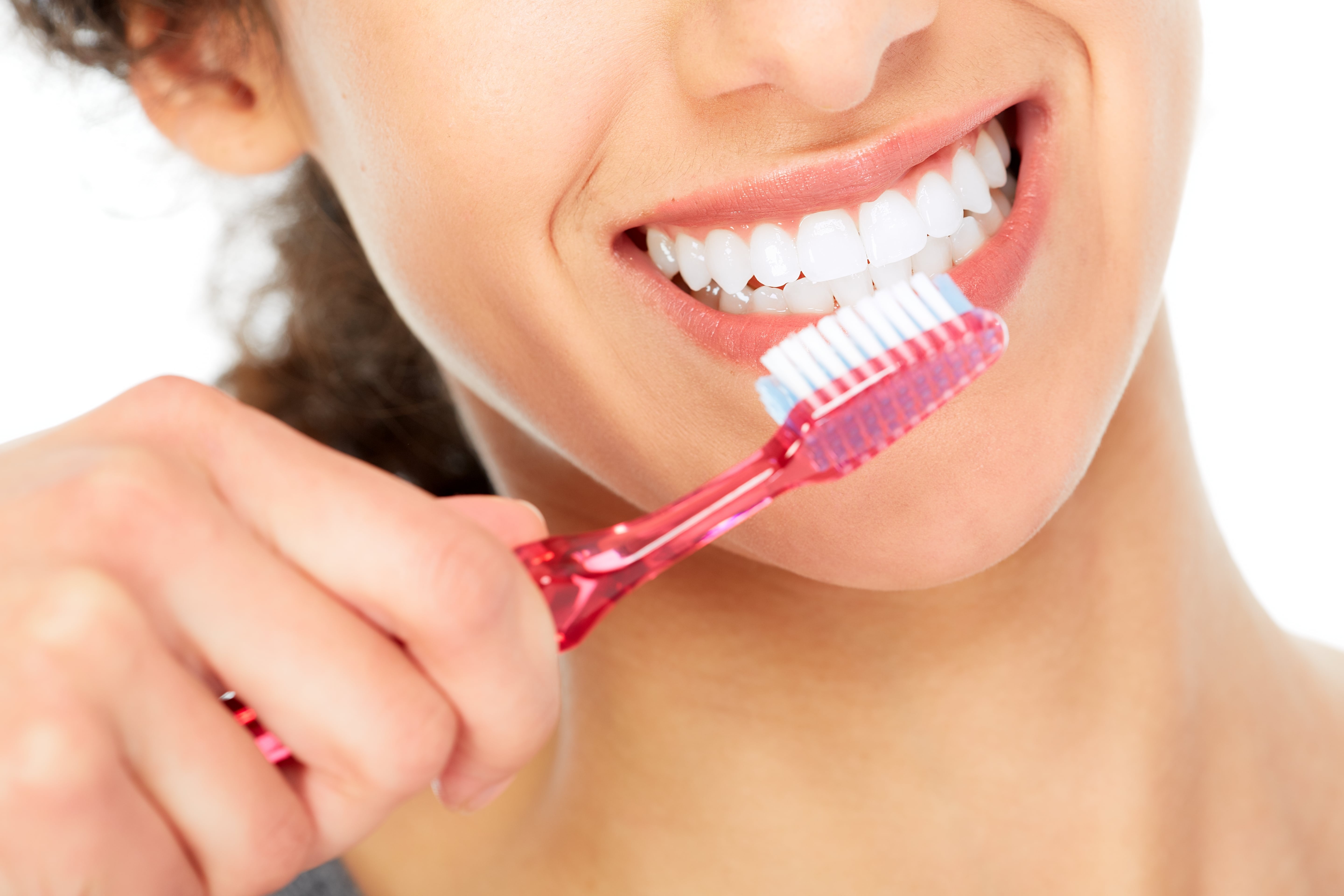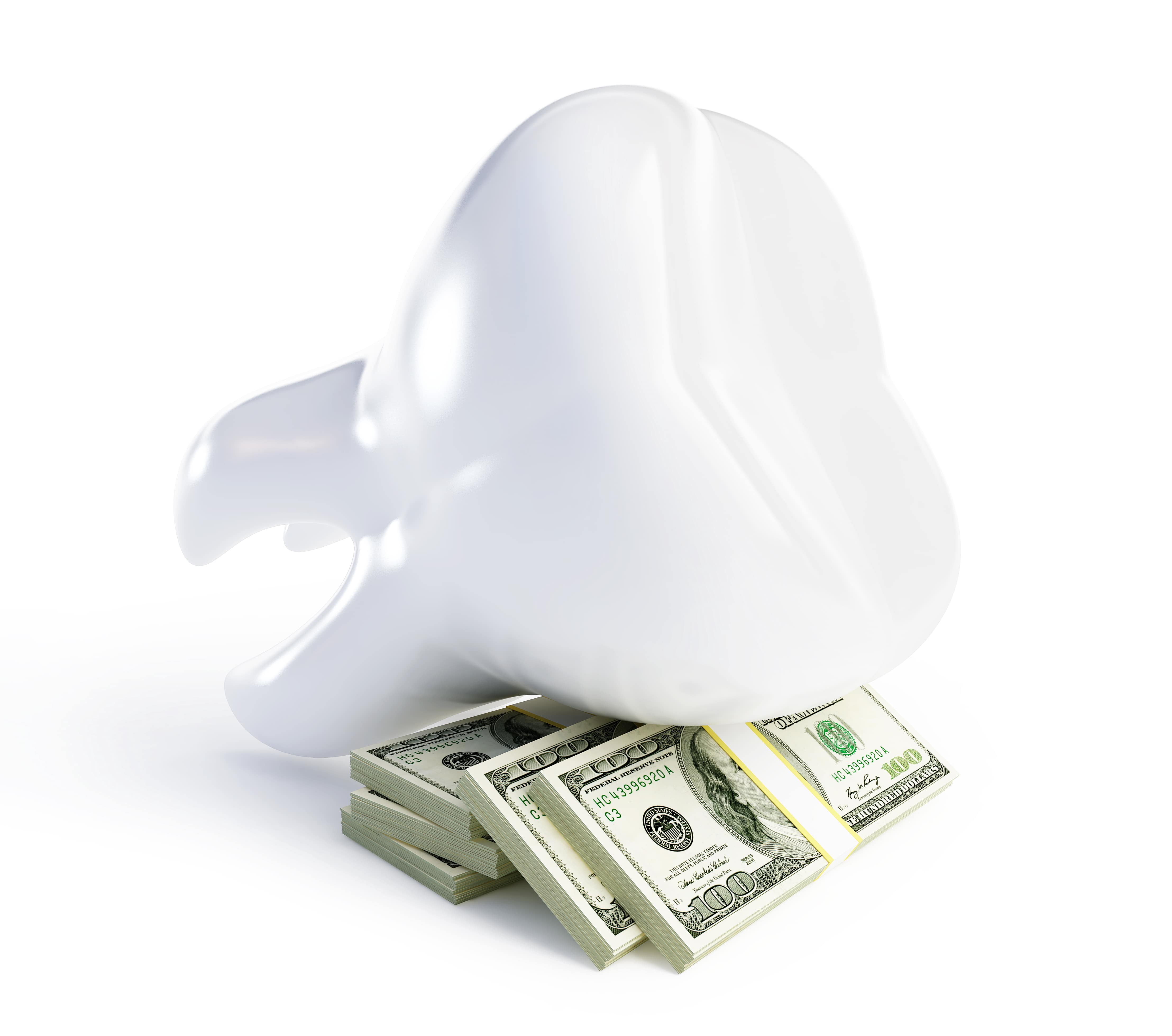Dental Sealants

Dental sealants are a preventative dental treatment that seals off the chewing surfaces of your molars and premolars. By sealing off the grooves on your molars and premolars, dental sealants prevent bacteria from entering your teeth and causing tooth decay. Sometimes dental sealants can also be used on areas of early decay instead of a traditional filling. Dental sealants can prevent decay from spreading by cutting off the bacteria’s food source, containing the decay. No matter what they are used for, dental sealants can keep your teeth healthy and save you hundreds of dollars in future restorative treatments.
Did You Know?
The Centers for Disease Control (CDC) advocates for dental sealants on school-aged children, especially those from low income households, to prevent tooth decay and the expenses associated with restoring decayed teeth. In fact, it is estimated that when 7 million children have dental sealants, this prevents 3 million cavities and saves approximately $300 million a year in dental expenses.
Frequently Asked Questions:
Do I need dental sealants?
Anyone can benefit from dental sealants, but you may need dental sealants if you have a hard time properly brushing your back teeth. Dental sealants are also highly recommended for children once their molars have erupted. The only case where dental sealants are not effective is when a dental crown or implant is present. To find out if you need dental sealants, schedule a consultation with one of our dentists at Bethesda Family Dentistry today!
Do I have different options with dental sealants?

Dental sealants can be clear, white, or slightly tinted, and come in a few different variations. They can be made from glass ionomers, composite resin, resin-modified glass ionomers, or polyacid-modified resins. The material a dental resin is made of determines how it is adhered to your tooth. In the case of glass ionomers, they undergo an acid-base reaction. Composite resins, on the other hand, undergo a polymerization reaction that usually requires a dental curing light. Resin-modified glass ionomers and polyacid-modified resins undergo a combination of both an acid-base reaction and a polymerization reaction.
Dental sealants can also be considered filled or unfilled. Filled sealants are composed of resins, chemicals, and fillers, and are made to be thicker and more resistant to wear. Unfilled sealants are made from mostly resins with some filler material. Unfilled sealants are thinner and can get into smaller groovers easier than filled sealants. Our dentists at Bethesda Family Dentistry will help you decide which variation of dental sealant is right for your dental needs.
What can I expect when having a dental sealant applied at Bethesda Family Dentistry?
When having a dental sealant applied at Bethesda Family Dentistry, you can first expect to have the surface of your teeth completely cleaned to remove any build up of plaque and tartar. This is partially to ensure the dental sealant can be applied smoothly, but also to make sure that no bacteria is trapped underneath the sealant. Once your teeth have been thoroughly cleaned, an acidic gel will be placed on the chewing surfaces of your molars and premolars. This gel will be left on for a few seconds and will slightly roughen up the surface of your teeth so the sealant can adhere better. Then, the gel will be rinsed and your teeth will be dried in preparation for the sealant. Drying your teeth is another extremely important part of placing a dental sealant because dry teeth enable the sealant to completely cover the surface evenly. Finally, the dental sealant will be brushed onto the chewing surfaces of your molars and premolars. Depending on the type of dental sealant, a curing light may be used to harden the sealant.

What can I expect after having a dental sealant placed?
Because dental sealants are not an invasive dental treatment, you will be able to return to your usual activities immediately after its application. Furthermore, dental sealants do not require any type of dental anesthetic for their application, so you will not have to wait to regain feeling before eating or drinking.
Once your dental sealant has been placed, you will care for it the same way you would care for your natural teeth. This means brushing twice a day with fluoridated toothpaste for two minutes at a time, flossing once a day, and visiting Bethesda Family Dentistry once every six months for your dental checkup and professional teeth cleaning.
Are there any downsides to dental sealants?
One possible downside to dental sealants is that they may need to be applied again if they crack, chip, or wear down. This is because once they protective barrier is broken in any way, bacteria can enter the tooth and become trapped, causing decay. To prevent this from happening, it is important to have regular dental checkups so our dentists can monitor the condition of your sealant.
Another possible downside of dental sealants is some people say their bite feels different after. This is because dental sealants add an extra layer to your teeth. Usually most people are able to adjust to their new bite after a week or two. And because dental sealants are so thin, they don’t actually affect the alignment of your bite.
Another downside that some people note is the use of BPA in some dental sealants. It is important to note that not all dental sealants have BPA, and you can request the use of a BPA-free dental sealant. Furthermore, it is also important to note that the amount of possible BPA used in dental sealants is so tiny that you would have to be exposed to ten million times the amount used in dental sealants for it to even be considered hazardous. Since the amount of BPA is so tiny and has not been proven to cause harm when used in dental applications, the American Dental Association and American Academy of Pediatric Dentistry state that dental sealants are safe.
How long will my dental sealant last?
Dental sealants can safely remain on your teeth for up to nine years. However, they are at their most effective in the first 2-4 years. For the first two years in particular, you are protected against 80% percent of cavities, with this dropping to 50% from year two to four. Because of this, it is recommended to have dental sealants applied again after four years to maintain the highest level of decay protection.

What is the cost of dental sealants?
Dental sealants are highly economical and are priced at an average of $30-$60 per tooth. In addition to their affordable price, dental sealants can save you hundreds of dollars in future restorative treatments such as dental fillings and dental crowns. Plus, if you have dental insurance, you can likely receive partial or full coverage for the cost of your dental sealants. This is because most dental insurance companies consider dental sealants to be a preventative treatment and have the highest rates of coverage for preventative dental procedures.
For a qualified, experienced, and caring approach to dentistry, schedule a consultation with one of our dentists at either our Ferndale Bethesda Family Dentistry office in Bethesda or our Executive Bethesda Family Dentistry office in North Bethesda.




